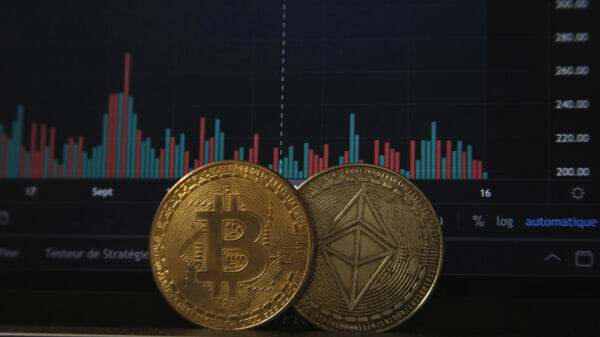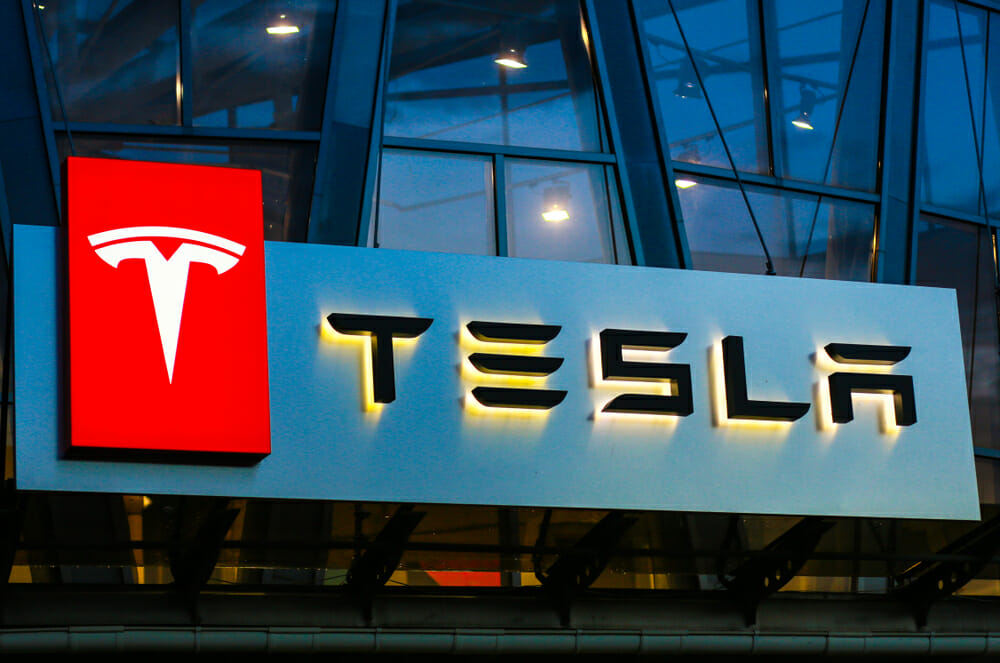In recent weeks, the stock price of electric vehicle manufacturer Tesla (TSLA) has encountered setbacks due to a combination of internal company dynamics and external market forces. However, another factor has emerged as a catalyst for the recent downturn, driving Tesla shares down on Friday.
On Friday’s trading session, Tesla stock declined by 1.7% to a value of $215.49. In contrast, the broader market remained relatively unchanged, with the S&P 500 maintaining its equilibrium and the Nasdaq Composite decreasing by 0.2%. This marked the sixth successive drop for Tesla’s stock and the thirteenth within the last 14 trading sessions.
This decline can be partially attributed to the performance of the market. At the start of Friday’s trading, the Nasdaq had already experienced a 7% drop during the month. Due to Tesla’s inherent volatility, the company’s stock tends to exhibit more pronounced fluctuations compared to the broader index, rising aggressively in favorable conditions and declining significantly during downturns.
Two of the best performing stocks of the past decade, animated since Tesla’s IPO in June 2010. pic.twitter.com/j9TlJSSUqd
– Tesla Stock Bot (@dailyTeslaChart) August 20, 2023
Tesla CEO Elon Musk also played a role in the downward trajectory. In the second-quarter earnings conference call in July, Musk stated that he prioritizes growth in sales volume over pricing strategies. This raised concerns in the market about potential further price reductions and a subsequent erosion of profit margins. After implementing significant price cuts earlier in the year, Tesla’s operating profit margins for the first half of 2023 dropped to just over 10%, a notable decrease from the approximately 17% recorded in the same period last year.
Renowned investor and Tesla shareholder Gary Black noted the disparity between Tesla’s valuation and its aggressive price-cutting approach. He highlighted in a tweet that Tesla stock had underperformed compared to peers since the July 19 conference call.
The decline in Tesla’s stock also seems to be influenced by developments in China. The bankruptcy filing of the Chinese real estate firm China Evergrande in the U.S. triggered a ripple effect, causing a decline in Chinese stock indexes. As a result, the Shanghai Composite index experienced a 1% drop, and Hong Kong’s Hang Seng index fell by 2.1%.
Image Source: Vitaliy Karimov / Shutterstock













































